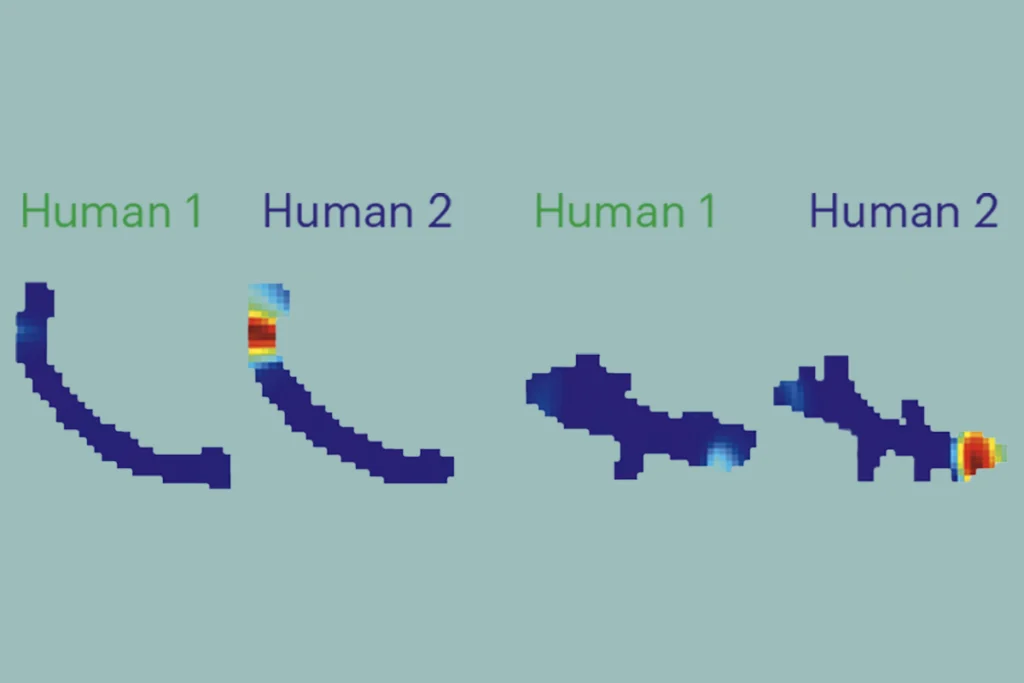Sneha Khedkar is a freelance science journalist based out of Bengaluru, India. She writes about health and life sciences. Her work has appeared in Scientific American, Knowable Magazine, New Scientist and The Scientist, among other publications. She completed an M.Sc. in biochemistry at the Maharaja Sayajirao University of Baroda, after which she was a research fellow studying stem cells in the skin. Her website is https://www.snehakhedkar.com/.

Sneha Khedkar
Contributing writer
From this contributor
Egyptian fruit bats’ neural patterns represent different experimenters
The findings underscore the importance of accounting for “experimenter effects” on lab animals.

Egyptian fruit bats’ neural patterns represent different experimenters
Explore more from The Transmitter
New autism committee positions itself as science-backed alternative to government group
The Independent Autism Coordinating Committee plans to meet at the same time as the U.S. federal Interagency Autism Coordinating Committee later this month—and offer its own research agenda.

New autism committee positions itself as science-backed alternative to government group
The Independent Autism Coordinating Committee plans to meet at the same time as the U.S. federal Interagency Autism Coordinating Committee later this month—and offer its own research agenda.
Two neurobiologists win 2026 Brain Prize for discovering mechanics of touch
Research by Patrik Ernfors and David Ginty has delineated the diverse cell types of the somatosensory system and revealed how they detect and discriminate among different types of tactile information.

Two neurobiologists win 2026 Brain Prize for discovering mechanics of touch
Research by Patrik Ernfors and David Ginty has delineated the diverse cell types of the somatosensory system and revealed how they detect and discriminate among different types of tactile information.
Shifting neural code powers speech comprehension
Dynamic coding helps explain how the brain processes multiple features of speech—from the smallest units of sounds to full sentences—simultaneously.

Shifting neural code powers speech comprehension
Dynamic coding helps explain how the brain processes multiple features of speech—from the smallest units of sounds to full sentences—simultaneously.